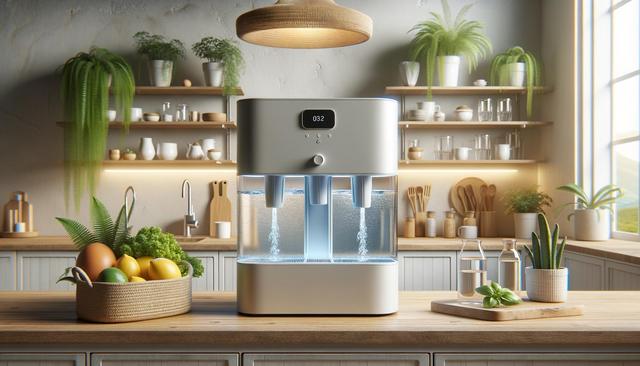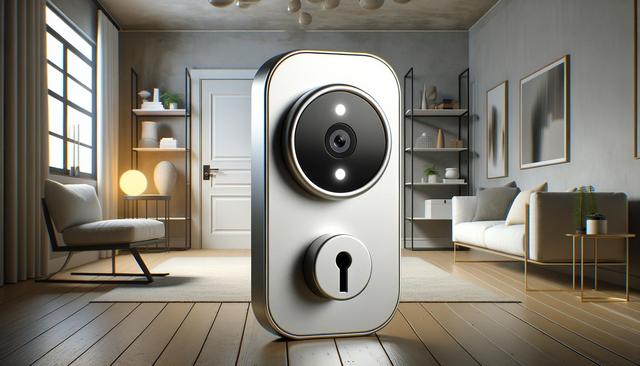Why Water Purification Matters
Access to clean drinking water is essential for maintaining good health, and water purifiers help make this possible. Tap water can contain various contaminants, including bacteria, viruses, heavy metals, and chemical pollutants. While municipal water treatment facilities aim to remove most of these, some impurities can still remain in the water by the time it reaches your home. Using a water purifier adds an extra layer of protection by filtering out these residual contaminants.
Waterborne diseases are a significant concern in many areas. Drinking untreated or poorly treated water can lead to infections and long-term health issues. A reliable water purifier helps reduce the risks associated with contaminated water. In addition to health benefits, purified water often tastes and smells better, encouraging people to stay hydrated and avoid sugary or carbonated beverages.
Key reasons to consider a water purifier include:
- Improved taste and odor of drinking water
- Reduction of harmful contaminants like lead, chlorine, and bacteria
- Better support for overall health and wellbeing
- Environmental benefits by reducing dependence on bottled water
Types of Water Purifiers
There are several types of water purifiers available, each suited to different water conditions and household needs. Understanding the options can help you choose a system that aligns with your lifestyle and the quality of your local water supply.
Common types of water purifiers include:
- Reverse Osmosis (RO) Systems: Effective in removing dissolved salts, heavy metals, and microorganisms. Ideal for areas with high TDS (Total Dissolved Solids).
- Ultraviolet (UV) Purifiers: Use UV light to kill bacteria and viruses. Best for water that is already clear and low in TDS but may have microbial contamination.
- Activated Carbon Filters: Great for removing chlorine, bad taste, and odors. Often used in combination with other technologies.
- Gravity-Based Purifiers: Do not require electricity and are suitable for areas with limited power supply. Use sediment and carbon filters for basic purification.
Some advanced models combine multiple technologies to offer enhanced filtration and ensure comprehensive safety.
Considerations Before Buying a Water Purifier
Choosing a water purifier requires evaluating several factors beyond just the price point. The most important consideration is the quality of your existing water supply. Testing your water for TDS levels, hardness, and microbial content can guide you towards the most suitable purification technology.
Other important factors include:
- Water Pressure: RO systems typically need higher pressure, so low-pressure homes may need a booster pump.
- Power Availability: UV and RO systems require electricity, which may not be feasible in all areas.
- Maintenance: All purifiers need regular filter changes. Check how easy and affordable it is to replace parts.
- Storage Capacity: For larger households, a purifier with a high storage tank may be more convenient.
Researching and comparing features of different models helps ensure the system you choose fits your specific requirements over the long term.
Maintenance and Care of Water Purifiers
Regular maintenance is essential to ensure your water purifier continues to function effectively. Neglecting upkeep can lead to decreased performance and even contamination risks. Most purifiers come with a recommended maintenance schedule, which typically involves filter replacements every 6 to 12 months, depending on usage and water quality.
Here are a few maintenance tips to keep your system in good condition:
- Replace filters and membranes on time as per manufacturer guidelines
- Clean storage tanks regularly to prevent algae and bacteria buildup
- Check for leaks or unusual noises that could indicate a malfunction
- Get the system professionally serviced annually for thorough inspection
Staying proactive with maintenance not only extends the life of your purifier but also ensures you consistently receive clean, safe water.
Environmental Impact and Sustainability
Using a water purifier also contributes to environmental sustainability. By providing a reliable source of clean drinking water at home, purifiers help reduce the reliance on single-use plastic bottles. This lowers plastic waste and minimizes the carbon footprint associated with the production and transportation of bottled water.
Many modern purifiers are designed with eco-friendliness in mind. Features like energy-efficient operation, recyclable filter components, and water-saving technologies are becoming more common. Some systems also include alerts to help users avoid unnecessary filter replacements, further reducing waste.
Making an informed choice about your water purification system can thus have positive effects not just on your health, but also on the environment. Consumers are increasingly valuing products that align with responsible consumption practices, and selecting a sustainable water purifier is one step toward that goal.


